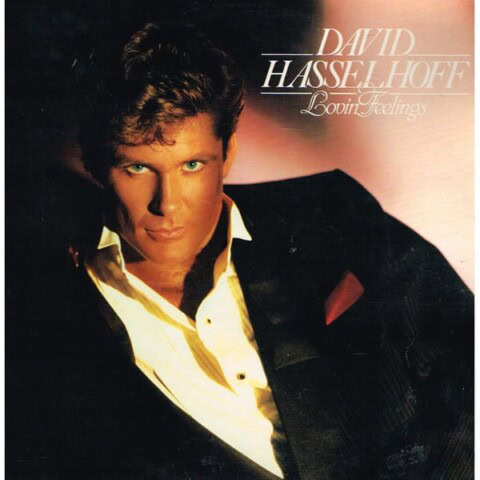 I JUST LOVE it when an album turns up out of the blue – one that I have never heard of, or have any preconceptions about – and completely blows my tiny mind. This phenomenon is rare, but when it occurs, is beyond comparison. From Kinshasa is a perfect example. I’m glad I had heard nothing about Mbongwana Star before I pressed ‘play’, because the back story is almost too rich, and it may have tainted my appreciation.
I JUST LOVE it when an album turns up out of the blue – one that I have never heard of, or have any preconceptions about – and completely blows my tiny mind. This phenomenon is rare, but when it occurs, is beyond comparison. From Kinshasa is a perfect example. I’m glad I had heard nothing about Mbongwana Star before I pressed ‘play’, because the back story is almost too rich, and it may have tainted my appreciation.
It turns out that the Congolese group is made up of several remnants of Staff Benda Bilili, the outfit famously comprised of homeless and handicapped musicians, but came to fruition through a union with Paris-based Irish producer Liam Farrell (aka Doctor L), whose influence has coaxed something completely unexpected from the five other players.
It’s about as far removed from the standard world music album as a distant galaxy, and while I’m sure a few dog-eared purists might accuse Farrell of selling out the group’s authenticity, or compromising their cultural identity, I’m happy to report that any such concerns fall away like so much hot air when faced with such a mindbendingly wonderful record.
 To me, it feels like Farrell has played a role very similar to producer Adrian Sherwood in the work of groups like African Headcharge in the ‘80s and ‘90s, where rather than commercialising the project, he toughened them up and muscled in with extra creative and sonic juice. In fact, there’s a direct connection between the music of African Headcharge and that of Mbongwana Star, in that both are explicit attempts to psychedelicise African music through warped sonics and dub effects.
To me, it feels like Farrell has played a role very similar to producer Adrian Sherwood in the work of groups like African Headcharge in the ‘80s and ‘90s, where rather than commercialising the project, he toughened them up and muscled in with extra creative and sonic juice. In fact, there’s a direct connection between the music of African Headcharge and that of Mbongwana Star, in that both are explicit attempts to psychedelicise African music through warped sonics and dub effects.
In my fevered imagination, From Kinshasa frequently sounds like a record that might have resulted from a union between German group Can, English group PiL, and Konono No 1, and as it happens, the last of those makes a guest appearance on ‘Malukayi’. That track is marginally more percussive and clangorous and distortion-laden than the other tracks, but really, the whole project has that weird spirit of Konono No 1, without ever sounding like them. I guess it’s the group’s street performance sound coming through, a rawness together with an almost autistic appreciation of wonderfully artless “wrong” sounds.
Dub bass lines run throughout, but so do rubbish tin grooves, and weird screechy (guitar?) and sound effects, rendered beautifully for stereophonic panning. Partly, it’s the duality of the raw African rhythms on the one hand and the space-age psychedelia on the other that makes From Kinshasa such an appealing work. It’s the sort of creative and mind-expanding cross-cultural collision that, in the increasingly segmented world of the music biz, just shouldn’t happen – although I’m so glad it did.
 So in stark contrast to the Daby Touré album I reviewed a few days back, this sounds not like a man who knows his market, but a band who haven’t got a clue about such things, and have minds completely open to whatever leaps of faith prove necessary to create something revelatory at the core of that thing called “music”. GARY STEEL
So in stark contrast to the Daby Touré album I reviewed a few days back, this sounds not like a man who knows his market, but a band who haven’t got a clue about such things, and have minds completely open to whatever leaps of faith prove necessary to create something revelatory at the core of that thing called “music”. GARY STEEL
Music = 5/5
Sound = 4/5














